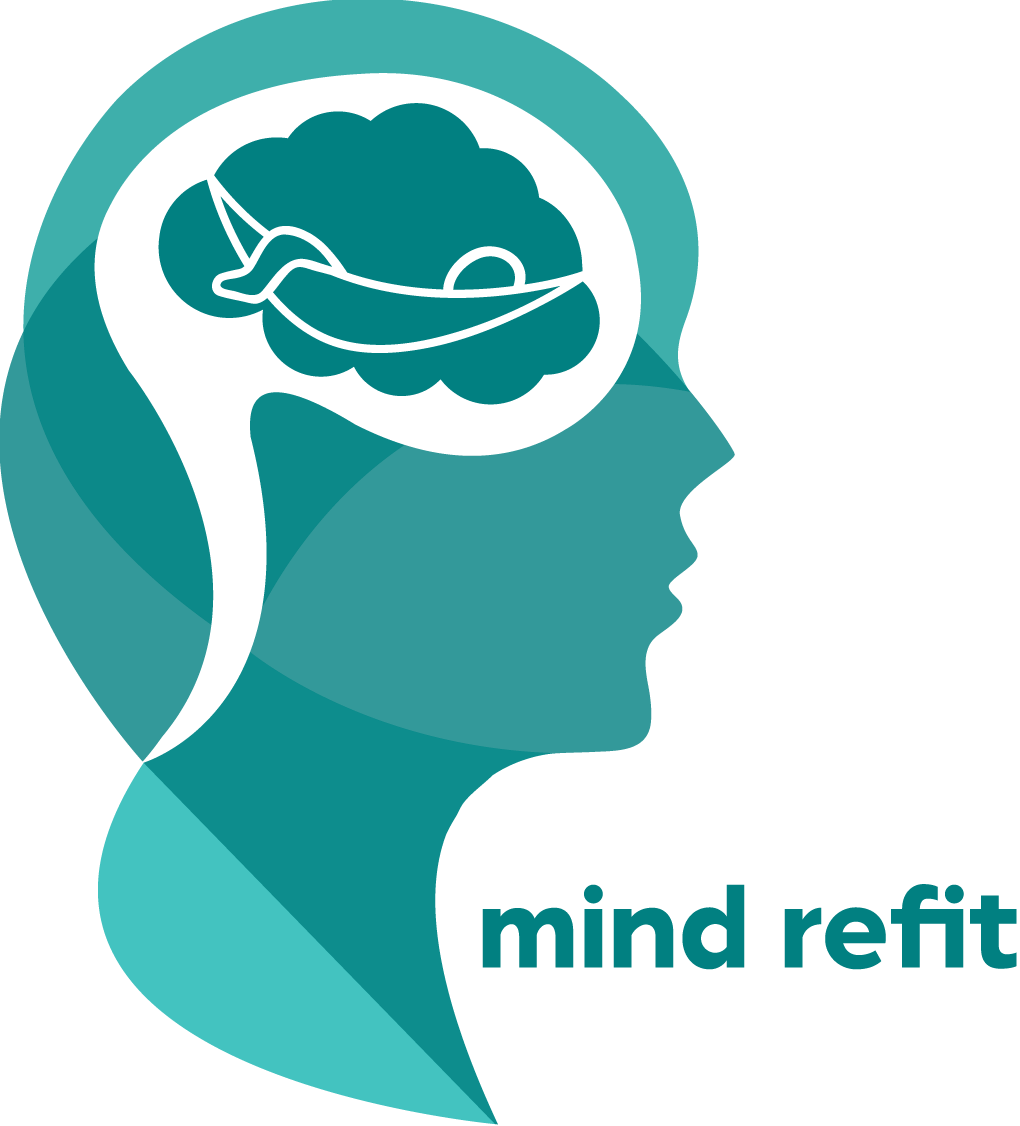
Making healthy life choices will definitely reduce your trips to the hospital. Everything you need to stay healthy has been provided by mother nature and green tea is one of them. Let’s take a look at green tea, its wonderful components, whether it’s good for you, its recommended usage as well as its side effects. Please be advised that no part of this article constitutes any form of medical advice. Getting your Physician’s opinion before introducing any substance to your body is always the wise thing to do.
Green Tea in Brief
Tea drinking began in China and has become so popular that today, after water, it is reported to be the most widely consumed drink in the world, with a per capita worldwide consumption of approximately 0.12 liter per year.[1] It is an aromatic beverage commonly prepared from the leaves of the Camellia sinensis. Until recently, green tea was reported to be just 20%[2] of the tea consumed worldwide.
Green tea, also of Chinese origin, made from Camellia sinensis leaves is quite distinct as it does not undergo the same withering and oxidation process used for oolong teas and black teas. This is why it contains the most antioxidants since most of its active components have not been tampered with. Green tea is of several types and the benefits of green tea are supported by lots of research. However, evidence[3] is still inconclusive on the scope of its effects on health.
What is in Green Tea – Essential Components
These amazing components are mostly what makes up the benefits of green tea. They’re also responsible for the astringency, bitterness and full-bodied flavor,[9] which you may experience during consumption.
Catechins
Catechins, also known as ‘flavanols’ are a type of polyphenol and are the main astringency component in green tea. There are four main types of catechins found in green tea leaves;
- Epicatechin (EC)
- Epigallocatechin (EGC)
- Epicatechin gallate (ECG)
- Epigallocatechin gallate (EGCG)
Catechins may benefit you by; decreasing blood cholesterol, inhibiting high blood pressure, bad breath prevention (deodorizing effect) and, tooth decay prevention. It has
Caffeine
Caffeine is the main bitterness component in green tea. Caffeine is known to have some refreshing effects. The main effects of caffeine include increased alertness and a mild diuretic effect. Since caffeine has a stimulant effect on the central nervous system (CNS), it can ward off any drowsiness you may feel while increasing your stamina and capacity for mental or physical labor. Furthermore, caffeine metabolizes alcohol more rapidly. This is why one of the benefits of green tea is relieving hangovers.[9]
Amino Acid (Theanine)
Amino acids contribute full-bodied flavor and sweetness. It also has a relaxing effect. Theanine makes up more than 60% of the amino acids in green tea. Theanine acts to limit the stimulating effect of caffeine, making it quite gentle. Theanine has also shown properties for suppressing high blood pressure,[6] has been found to reducing symptoms of anxiety, stress
Vitamins
Your body needs vitamins and green tea is rich with them. Some of those vitamins include:
- Vitamin B2, necessary for growth and overall good health.
- Vitamin C, needed for collagen production, and immune strengthening. It is also an effective antioxidant.
- Folic acid, necessary for the formation of red blood cells, and prevention of changes in DNA that may lead to cancer.[10] Research has also found folic acid effective in the prevention of arteriosclerosis, dementia and Alzheimer’s disease.
- β-carotene acts as the precursor of Vitamin A (pro-Vitamin A) which is necessary for healthy skin,
mucus membrane and good vision. - Vitamin B5 (Panthenol), improves wound healing. It is popularly used in cosmetic and hair products as a moisturizer and lubricant, which makes green tea beneficial for healthy hair.
- Vitamin E is an antioxidant, and also effective for healthy skin, eyes and strong immunity. Green tea’s richness in this vitamin makes it beneficial for healthy skin.
Saponins
Green tea leaves contain around 0.1% saponins, which gives it its strong bitterness and contributes to its astringency. That explains why you may find the taste weird. Saponins have anti-fungal, anti-inflammatory, and anti-allergy properties. They have been shown to lower blood pressure, and prevent influenza, and obesity.[9]
Fluorine
Fluorine is essential for solid bones and is effective in preventing your teeth against tooth decay.[7]
Minerals
Minerals regulate your body and green tea contains around 5-7% minerals. These include; potassium, calcium, phosphorus, and magnesium, as well as small quantities of manganese, zinc
Chlorophyll
Chlorophyll is essential for skin healing, reducing inflammation, blood building, detoxification, cancer prevention, weight loss and also has a deodorizing effect.[11]
Is Green Tea Right for You?
Green tea is generally safe for most adult people, pregnant or breastfeeding women, but only in small amounts – about 2 cups per day. Green tea safety for children depends on the caffeine level. It may be safe for children when consumed in amounts commonly found in foods and beverages.[8] Caffeine amount in the beverages popular among children under 12 is between 20 to 54mg. For children older than 12 years, caffeine intake should be no more than 85 to 100 milligrams per day. Caffeine level in green tea depends on how it is prepared – a green tea bag would contain between 40mg to 70mg caffeine for a 6 to 8oz cup of green tea. Therefore, with caution applied, green tea may be safe for children.
There are however, a small minority, for whom green tea should be avoided.
You should avoid drinking green tea if you are;
On medication
Green tea thins the blood, so, combining it with Warfarin, Aspirin or any other anticoagulant, antipsychotic medicines, some cough medicines, and many other drugs[8] can cause hemorrhaging, which can be serious, and even fatal.
Taking certain supplements or on a special diet
Some supplements are also blood-thinners. Combining several blood-thinning agents can cause some problems. Also, some diets may not support green tea consumption. You should consult your Physician for such situations.
Having certain stomach problems
Avoid green tea if you have acid reflux disease or stomach ulcers as it could potentially increase your stomach’s acidity.
Sensitive to Caffeine
Green tea contains low amounts of caffeine compared to a cup of coffee, and it is balanced out with theanine, which is calming, making it a great substitute for coffee. But for those who are extra-sensitive to caffeine, drinking several cups of green tea can still make you tense. If you have caffeine sensitivity, take green tea only in the mornings and limit your intake to one or two cups a day. For some women during their monthly cycle who are extra sensitive to caffeine, you might want to test whether green tea is right for you at this time by limiting your intake to see if it makes you feel better or worse.
Green Tea Benefits
It is clear from the amazing components discussed above that, green tea is packed with health benefits. However, these components are just a mirror of the beneficial profile of green tea. We extensively discuss these benefits with scientific backing in our article – Proven Health Benefits Of Green Tea. Do check it out to discover benefits relating to general health, skin, hair and weight loss. Let’s now move on to see more ways you can exploit extra benefits from this awesome tea.
Green tea combinations offer extra benefits
Green tea is great by itself. Nevertheless, there’s no harm in adding in other plants/herbs during or after brewing to enjoy more benefits related to energy, flavor and more enhanced performance.
More Energy
A mixture of green tea, Ginger, and Cinnamon: the caffeine in green tea provides energy, cinnamon has powerful antioxidants – invigorating the body, whilst ginger helps with cognitive function. Their combination creates a flavorful blend that is just as nourishing and invigorating.[12]
Flavor
Lemons are great as an addition to green tea as it promotes iron absorption countering the iron hindering side effect of green tea. Add some lemon balm, lemon verbena, lemon thyme and lemon basil. All mints are also great additions. Lemongrass, red clover blossoms, sage, rosemary, ginger slices and rose hips are other items you may want to include for their health benefits as well as their flavors. Catnip and chamomile can be added for a calming cup of tea.[13] Many companies who produce green tea also have green tea products with these combinations as an option so feel free to try some of them.
Sweetening
To naturally sweeten the tea, add leaves of stevia or Aztec sweet herb. You may also add honey or herb flavored honey, lemon or milk.[13]
Is Green Tea Always Safe?
Green tea is considered safe by the FDA when consumed in moderation, however, some problems and side effects have been associated with
Based on research and usage reports, green tea may cause the following side effects:
Stomach Problems
Green tea contains tannins that can increase stomach acidity. For people who have ulcer or stomach conditions related to acidity, excess acid can lead to digestive issues including constipation, acid reflux, and nausea. This one is quite ironic and varies per person, as some people with stomach acidity problems have reported that taking green tea helped alleviate constipation, expel toxins, eliminate bloating, other stomach acidity problems as well as feelings of nausea and headaches.
Caffeine toxicity and fatality
Caffeine is a known laxative and excess can cause stomach upset and diarrhea. Too much caffeine, in rare cases, can cause dizziness, confusion
Overdose Complications for Pregnant Women
For pregnant women, consuming more than 2 cups daily increases your risk of miscarriage and other negative effects due to the caffeine content. For nursing women, green tea should be avoided as the caffeine passes into your breast milk and may affect your infant.[8]
Hinders Iron absorption
The antioxidants in green tea may hinder iron absorption in your body. This is particularly dangerous for people who suffer from anemia or other diseases where iron deficiency is present. Adding lemon (vitamin C) to your tea may counter this side effect by promoting iron absorption.[14] However, consumption for such people is still ill-advised.
Weakens Bones
When you consume green tea in excess amounts, its diuretic effects can cause lots of calcium to be flushed out in your urine. This can result in weak bones (osteoporosis). Limited intake (1 to 2 cups daily), as well as calcium
Everybody wants to live a long and healthy life. The health choices you make daily, may increase or reduce your chances of getting ill. Green tea may be beneficial for longevity – check out the benefits here, in case you missed it. However, as beneficial as green tea is, it is not meant for everyone. I mean milk is great, but some people are lactose intolerant. This is why you should always speak to your doctor to confirm if green tea is right for you, before adding it to your daily lifestyle.
References
- https://ncbi.nlm.nih.gov/pubmed/1614995
- https://todaysdietitian.com/newarchives/011211p32.shtmlhttps://nccih.nih.gov/health/greentea
- https://scielo.br/scielo.php?script=sci_arttext&pid=S0102-695X2013000300009
- https://pdfs.semanticscholar.org/e294/3888687992c5685e6c4e4bfc2c4f85821781.pdf
- https://ncbi.nlm.nih.gov/pmc/articles/PMC3518171/
- https://lenntech.com/periodic/elements/f.htm
- https://webmd.com/vitamins/ai/ingredientmono-960/green-tea
- https://itoen.com.au/pages/components-of-green-tea
- https://itoen-global.com/allabout_greentea/components_benefit.html
- https://drugs.com/folic_acid.html
- https://healthline.com/health/liquid-chlorophyll-benefits-risks
- https://wanderlust.com/journal/10-organic-tea-combinations-every-ailment/
- https://centraltexasgardener.org/resource/green-tea-and-garden-herbs/
- https://cupandleaf.com/blog/green-tea-side-effects
- https://healthline.com/health/caffeine-overdose





0 Comments